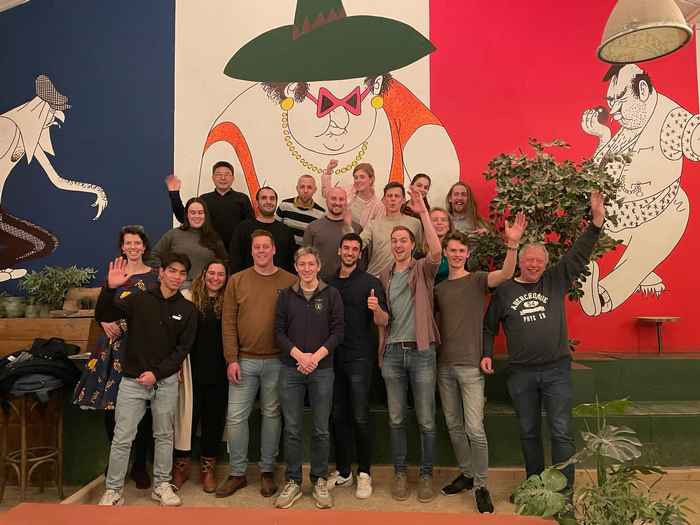Industrial Sustainable Chemistry
The Industrial Sustainable Chemistry (ISC) Group focuses on the transition to a circular economy and more specifically the transition from a fossil-based to a bio-based economy, connecting sustainable development and production of energy and chemicals. The group’s focus is on future polymers with bulk volume potential. We are also active in projects involving biorefinery technology (industrial sugars) and textile (cotton/polyester) recycling, and in projects to develop the production of monomers from biomass and from CO2 (the only two alternatives for fossil feedstock when making polymers).
